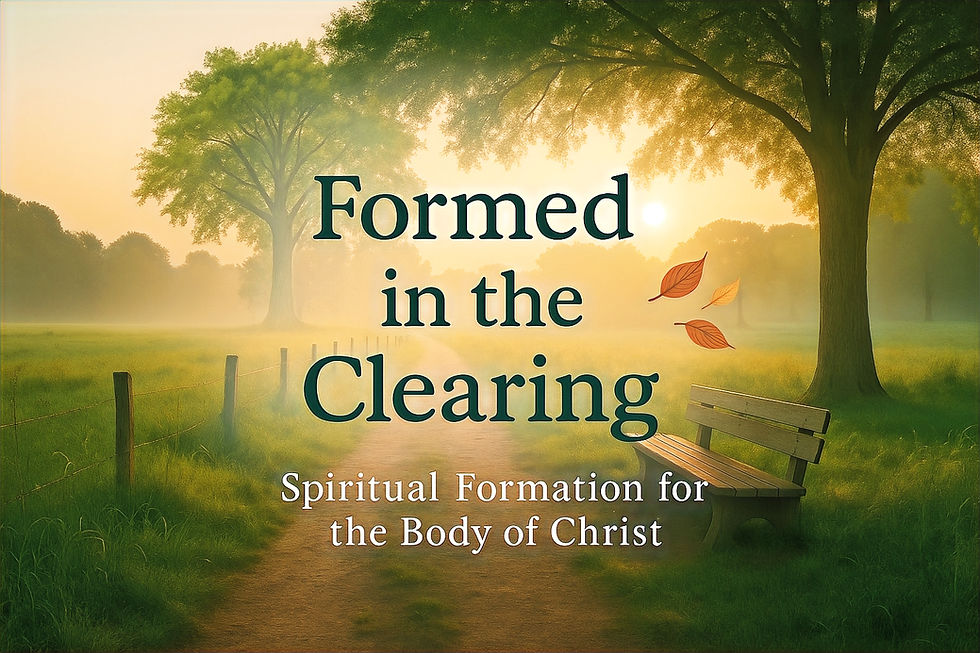Mirrors that Shape Us
- Deborah M. Jackson
- Aug 16, 2025
- 3 min read
Updated: Sep 8, 2025
I’ve been engaged in diverse and intensive conversations with singles about love and letdowns. The Lord has allowed some interesting relational experiences in my life, and each has taught me different things about myself and Him. But today I felt led to engage in a different part of the human experience – how we see the things that happen to us. Is our tendency to hold up a mirror or to look through a window.

For a variety of reasons as human beings it may feel so much more intuitive to look through the window. This could sound like “why did they do what they did.” “They are responsible for this tragedy.” This lens is a human one and may often lead to a truth and flaw in another person or within a system. The problem however is we can’t change others we can only take responsibility for ourselves. We own control over our own behaviors and choices not another person. The reality is the same even in much broader contexts such as religious values, morality, social justice or democracy - how one chooses to respond remains within the power of each person as individual. A window lens can lead to paralysis, denial or even interrupt our own purposeful path forward. Ultimately windows may even stall our lives through comparison.
In contrast mirrors demand honesty. They invite reflection and humility to see ourselves as we truly are — not just the parts we polish, but the fears, the failures, and the fragile places we may rather hide or be completely unaware or disconnected from.One of my favorite and most extraordinary theologians and Christian spiritual leaders Dallas Willard reminds us that spiritual formation is about becoming the kind of person who would naturally learn to live in the character of Christ. That kind of transformation does not come from window-gazing, but from mirror-reflecting. This does not happen on its own it takes a change in emotional muscle-memory, intention and humility.Clarity through the lens of the mirror requires courage. One may carry traumas, disappointments, and coping strategies that once helped us survive but now keep us from growing. To look at those places without turning away feels risky, unclear, even painful. The assurance I offer is in that very place of awareness and courage is where the Lord meets us.The invitation of the gospel is not to hide our faults, fears, or failures but to bring them into the light. “For where the Spirit of the Lord is, there is freedom” (2 Corinthians 3:17).
If growth and wholeness is the goal, window lens’ feel safer, but will not lead to liberty. The Holy Spirit teaches us that facing the truth — in His presence, with His grace — is the doorway to freedom. It’s why we do not - do not - do not ever - hide our flaws, fears or fights from God. We come as we are – humbling ourselves Dallas says it so well and defines humility as a “realistic assessment of oneself”, recognizing one’s dependency on God for life and its management. Humility means we begin to grasp a reality of our limitations, with an innate desire to will ourselves to rely on God’s power for guidance and direction. If we knew everything then why would we need God?
A mirrored lens is a key virtue for spiritual growth and formation. Formation is the development of Christ’s character in us and each area of our lives.
Courageous clarity — the willingness to face ourselves honestly before God — is what opens the path of true transformation.
Deborah M. Jackson, PLPC, MA, MDiv, BCC



Comments